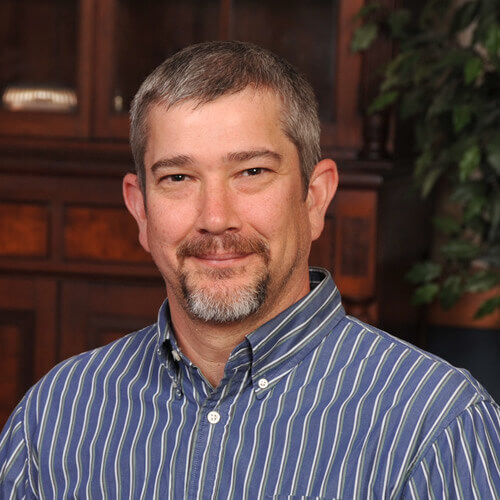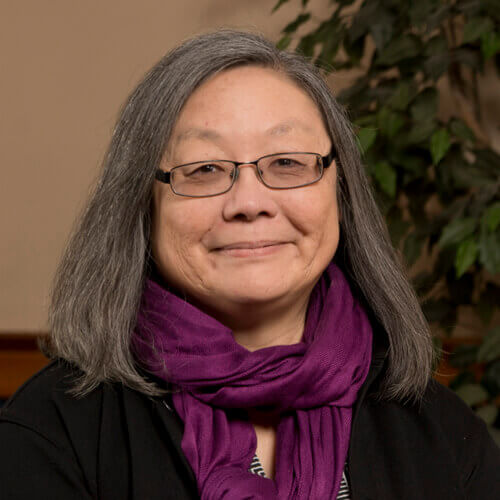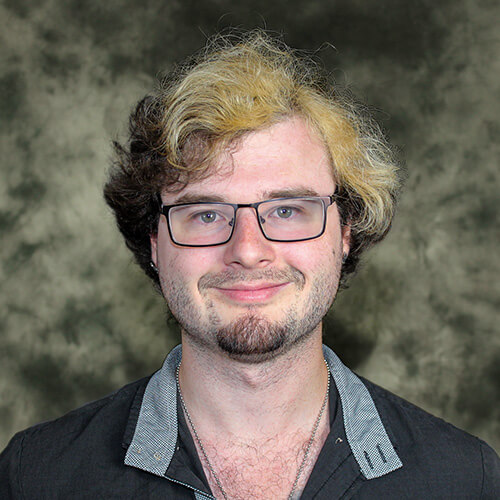Why study Neuroscience at MC?
Neuroscience is a rapidly developing, interdisciplinary field includes study in psychology, biology, chemistry and statistics. While understanding the biochemistry of individual nerve cells or examining mental processing or disease states such as Alzheimer’s, you will learn how the brain and nervous system respond to the environment and generate behavior. We prepare students for graduate programs in cognitive neuroscience, psychology, neuropsychology, speech and language pathology and health-related fields, and for careers in health, pharmaceutical and neuropsychology settings.
Meet a Current Scot

Sierra Broome
Hometown: Johnson City, Tennessee
According to Sierra, MC’s biggest selling points are the small class sizes that encourage relationship-building with professors, the campus’s proximity to Knoxville and Gatlinburg, the uniqueness of the city of Maryville, the McGill Scholarship program and being able to conduct research through the Senior Study requirement.
For her Senior Study, Sierra has been researching the relationship between sleep, burnout and working memory. She said she enjoys her major due to its potential and added, “With a Neuroscience degree, the possibilities of future careers are endless whether you go the psychological or biological path.” She currently is in the process of applying to both medical and dosimetry schools.
Meet a Recent Grad

Spencer Ann Mitchell ‘21
Currently: Pursuing Doctor of Physical Therapy degree at Medical University of South Carolina
Having personal experience and special interest in concussions and other traumatic brain injuries, Spencer, a standout on the Scots’ soccer pitch, said the opportunity to add Neuroscience to a major already declared in Exercise Science made the most sense for her career plans. Her professors made the process work smoothly, and the double-major allowed her to stand out in graduate school applications, she added.
Currently in the clinical phase of her graduate work, she credits the senior thesis requirement for preparing her for several physical therapy programs. “Designing and carrying out an experiment for my senior thesis gave me a leg up in the research portions of my program,” she said.



